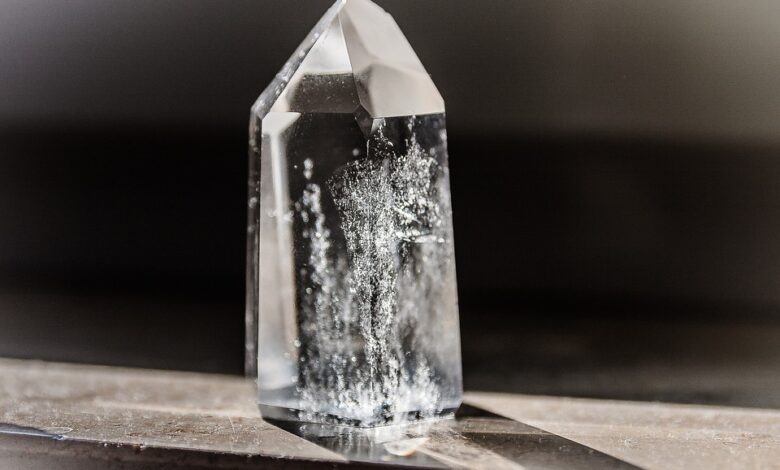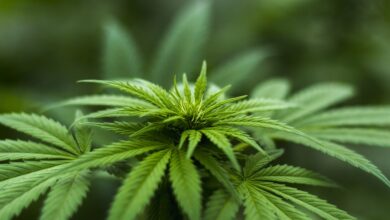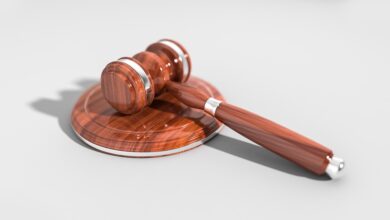Healing with Hemp: The Medical Benefits of CBD

In this article, we will explore the medical benefits of CBD and hemp, and how they can be used for healing. We will also address some frequently asked questions about CBD and hemp.
Medical Benefits of CBD and Hemp
CBD is a non-psychoactive compound found in hemp, meaning it does not produce the “high” associated with cannabis. Instead, it offers a range of potential health benefits. Some of the most promising medical benefits of CBD and hemp include:
Pain Relief: One of the most well-known uses of CBD is for pain relief. Studies have shown that CBD can help reduce chronic pain by interacting with the endocannabinoid system, which regulates pain and inflammation in the body.
Anxiety and Depression: CBD has shown promise in reducing symptoms of anxiety and depression. It works by interacting with serotonin receptors in the brain, which regulate mood and emotions.
Neuroprotective Properties: CBD has been studied for its potential neuroprotective properties, particularly in relation to conditions such as Parkinson’s disease, Alzheimer’s disease, and multiple sclerosis. It has shown promise in protecting brain cells and reducing the progression of neurodegenerative diseases.
Anti-inflammatory Effects: CBD has been found to have powerful anti-inflammatory properties, which can be beneficial for conditions such as arthritis, autoimmune disorders, and inflammatory bowel disease.
Anti-seizure Effects: CBD has gained attention for its potential to reduce seizures in people with epilepsy. In fact, the FDA has approved a CBD-based medication for the treatment of certain types of epilepsy.
Cancer Treatment Support: While more research is needed, some studies have suggested that CBD may have anti-tumor effects and could potentially help in the treatment of cancer.
These are just a few of the potential medical benefits of CBD and hemp. As research continues, we may discover even more ways in which CBD can be used for healing.
Using CBD for Healing
There are various ways to use CBD for healing, including:
CBD Oil: CBD oil is one of the most common and versatile forms of CBD. It can be taken orally, added to food or drinks, or applied topically to the skin. CBD oil is available in different strengths, allowing for customizable dosing.
CBD Capsules: CBD capsules are convenient and easy to dose. They provide a consistent amount of CBD with each serving, making them a popular choice for many people.
CBD Edibles: CBD-infused edibles such as gummies, chocolates, and beverages are a tasty way to consume CBD. They offer a discreet and enjoyable way to get your daily dose of CBD.
CBD Topicals: CBD-infused balms, creams, and lotions can be applied directly to the skin, targeting specific areas of pain or inflammation.
CBD Vapes: Vaping CBD allows for quick absorption into the bloodstream, providing fast-acting relief for symptoms such as anxiety or pain.
It is important to note that while CBD is generally considered safe, it can interact with certain medications. It is always best to consult with a healthcare professional before using CBD, especially if you are taking other medications.
Frequently Asked Questions about CBD and Hemp
Q: Is CBD legal?
A: The legal status of CBD varies by country and state. In the United States, CBD derived from hemp with less than 0.3% THC is legal at the federal level, but laws may differ at the state level. It is important to check the laws in your area before purchasing or using CBD products.
Q: Will CBD make me high?
A: No, CBD is non-psychoactive and will not produce a “high” like THC, the psychoactive compound in cannabis.
Q: How much CBD should I take?
A: The optimal dose of CBD varies from person to person and depends on factors such as body weight, severity of symptoms, and individual tolerance. It is best to start with a low dose and gradually increase until you find the right amount for you.
Q: Are there any side effects of CBD?
A: While CBD is generally well-tolerated, some people may experience side effects such as drowsiness, dry mouth, or changes in appetite. These side effects are typically mild and temporary.
Q: Can I use CBD while pregnant or breastfeeding?
A: It is advised to avoid using CBD while pregnant or breastfeeding, as the potential effects on the developing fetus or infant are not well understood.
In conclusion, the medical benefits of CBD and hemp are vast, and they offer a natural and effective alternative for many people seeking relief from a variety of health conditions. Whether used for pain relief, anxiety, or neuroprotection, CBD and hemp have the potential to improve the lives of many individuals. As always, it is important to consult with a healthcare professional before using CBD, especially if you are taking other medications. With a growing body of research and an increasing range of CBD products available, the future looks promising for the healing potential of hemp.
[ad_2]




